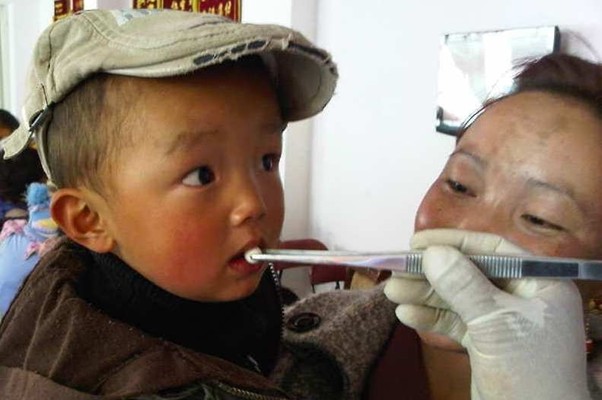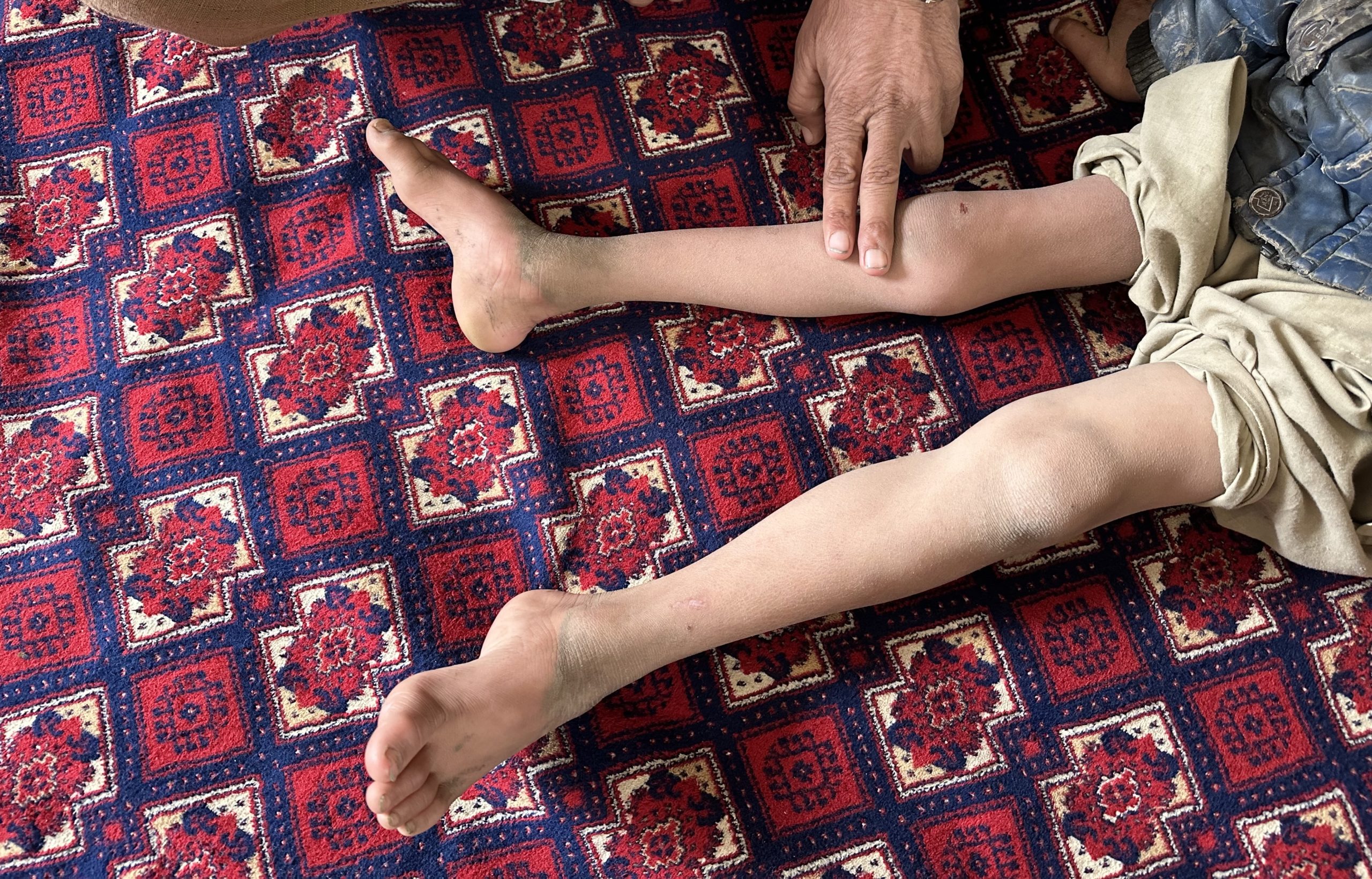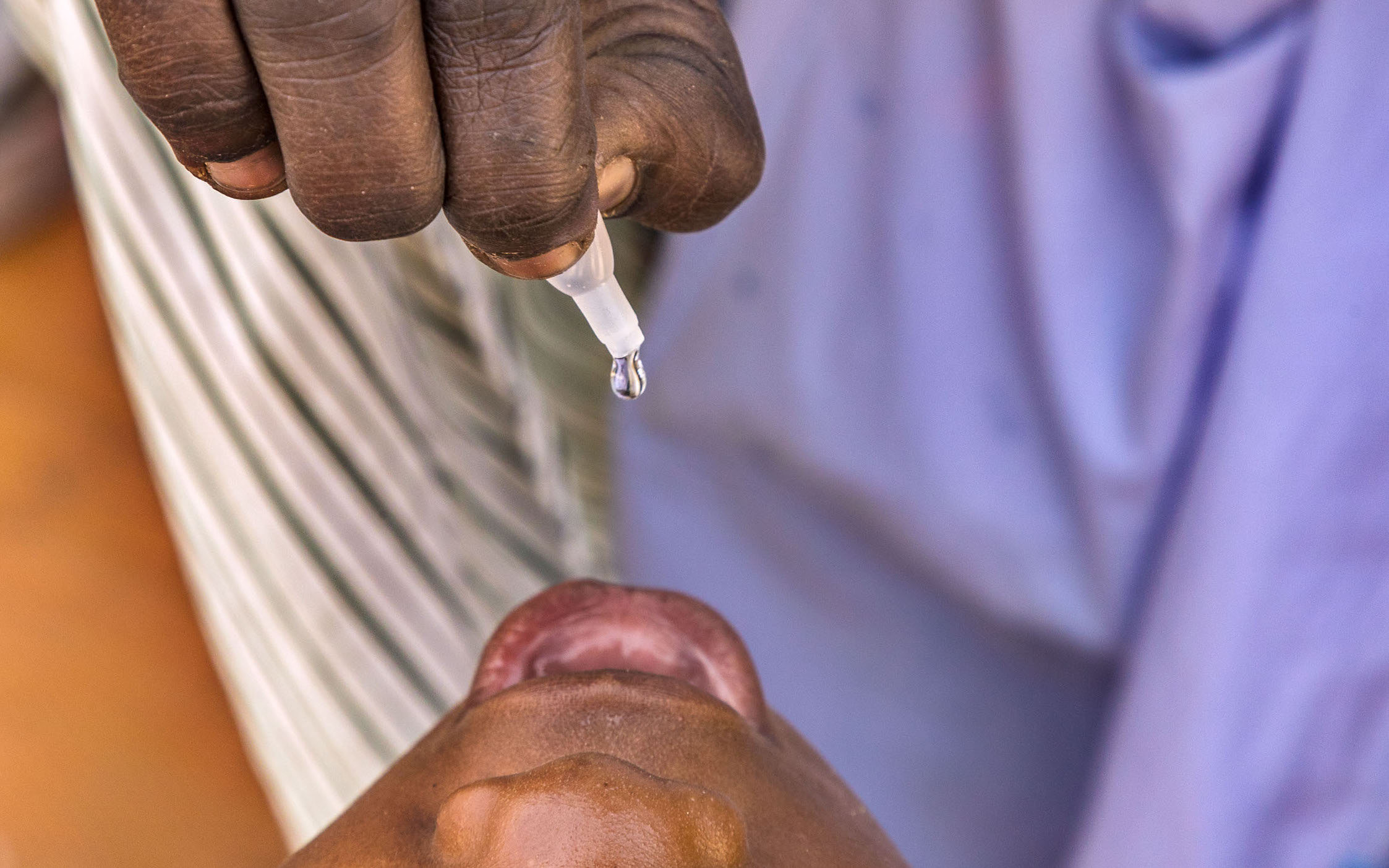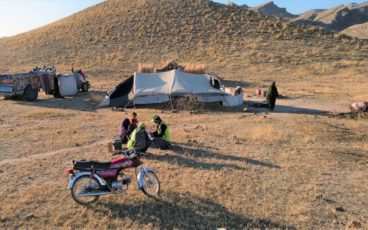
The Ministry of Health, China, has informed WHO that wild poliovirus type 1 (WPV1) has been isolated from four young children, aged between four months and two years, with onset of paralysis between 3 and 27 July 2011. All four cases are from Hotan Prefecture, Xinjiang Uygur Autonomous Region, China. Genetic sequencing of the isolated viruses indicates they are genetically-related to viruses currently circulating in Pakistan. The last WPV case in China was reported in 1999, due to an importation from India. The last indigenous polio case occurred in China in 1994.
A national team of clinicians, laboratory experts, epidemiologists and public health experts has been dispatched to the affected region, to assist in the investigation and planning of response activities, and this team will be joined by international support as required. National, Xinjiang Uygur Autonomous Region and local public health authorities are currently conducting an epidemiological investigation, including collection of stool specimens from contacts and evaluation of vaccine coverage.
The Ministry of Health plans to conduct an initial response vaccination campaign in early September, targeting 3.8 million children aged under 15 years in the key affected outbreak area, and children aged under 5 years in other areas of Xinjiang.



